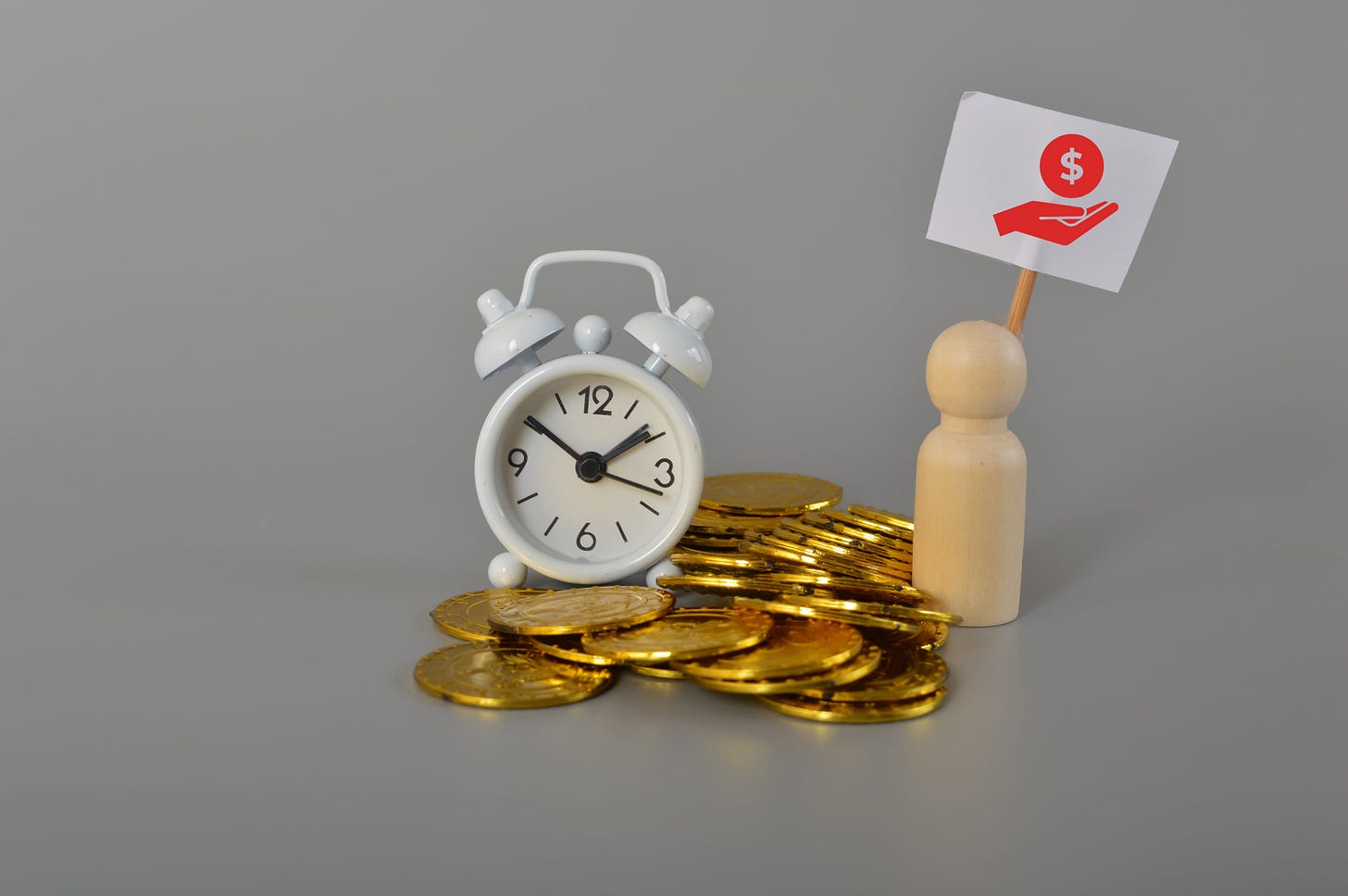Research Hit: How Fear Impacts Decision-Making (in Women)
This study showed an increase in preference for short-term rewards under fear for women only
Isn’t there a preference for short-term rewards over long-term rewards?
Yes, this is a well-known effect and well researched. We tend to prefer an immediate reward (e.g. $100 now) rather than a later larger reward (e.g. $120 after 1 year). This is known as delay discounting. Obviously it depends on the difference in reward and time span.
And you say that fear affects this?
Yes, according to this fascinating research just published by Eleonora Fiorenzato and colleagues of the University of Padua, Italy.
What did they do then?
A total of 308 participants (63% women and 37% men) watched video clips to instil an emotional state. These were designed to instil fear, joy, or a neutral condition. So the fear clip was from a horror film, the joy one from a positive documentary with awe-inspiring scenery, and the neutral condition with a documentary on urban environments.
After watching the clip participants were asked to make decision on whether they would prefer to receive €20’000 today or €40’000 after three years.
And what were the results?
I found the results slightly surprising. First of all fear seemed to impact delay discounting shifting the preference for the immediate reward over the larger long-term reward. That kind of makes sense - fear will also instil insecurity and therefore make you more likely to take the immediate cash.
However, what I did find surprising is that according to this study men seemed unaffected by the different emotional states, whereas the effect size was almost exclusively down to women changing their choices under fear.
So women are more affected by fear?
Seems so - this was an interesting study because it precisely focused on emotions and not other factors such as size of reward or comparing real and hypothetical reward. Previous research have shown men to be more impulsive in general and with a focus more on real rewards.
So it could also be dependent on all these factors?
Absolutely - but this aspect of emotionality is important to note as are gender differences. If you read the paper (open access), they discuss the ins and outs of this and assume this is down to different evolutionary strategies.
But the big message is that emotions do impact our financial decisions.
Yup, so when making a big financial decisions - you should be in a good emotional state.
Eleonora Fiorenzato, Patrizia Bisiacchi, Giorgia Cona.
Gender differences in the effects of emotion induction on intertemporal decision-making.
PLOS ONE, 2024; 19 (3): e0299591
DOI: 10.1371/journal.pone.0299591




